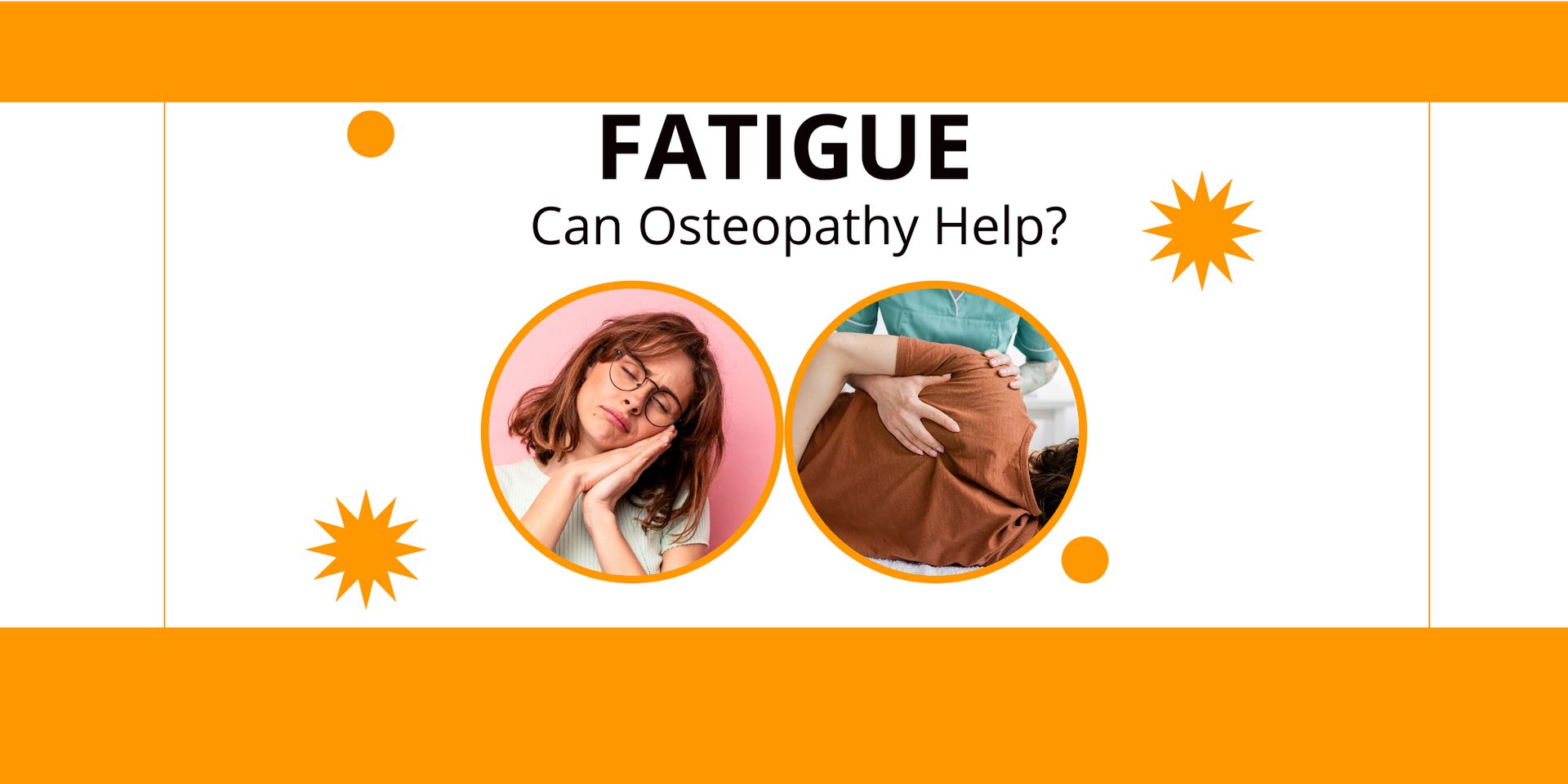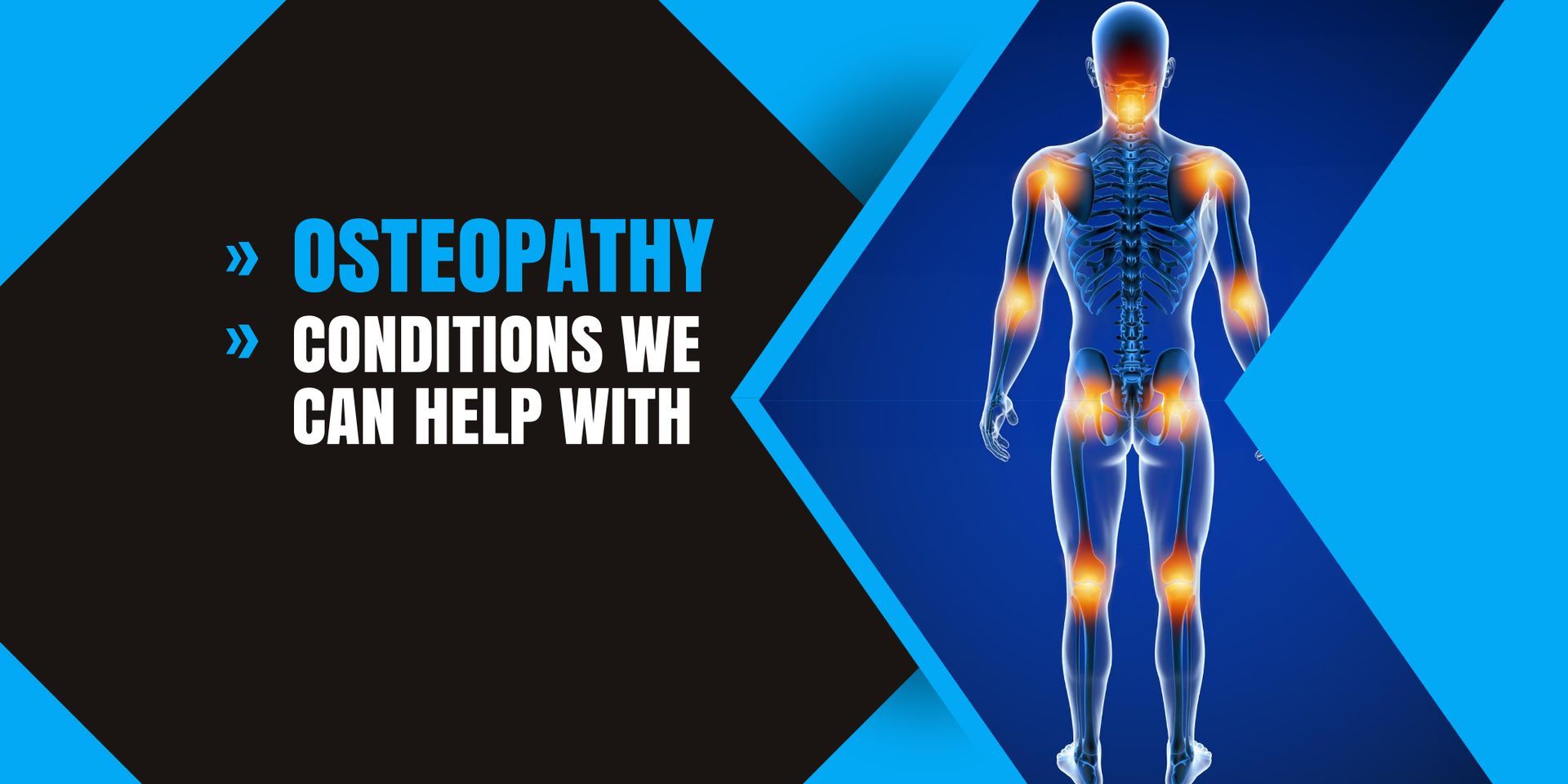How can I protect my spine during pregnancy
Pregnancy can take its toll on the body

Pregnancy takes its toll on the body and many women begin to suffer back and neck problems for the first time in their lives.
Carrying a baby can alter the natural shape of your back, causing the lower back to flatten slightly or arching it. This, coupled with the hormonal changes that occur while pregnant, can cause additional movement in your back and pelvis.
The growth of the uterus can hinder the support usually offered by the back, stomach and pelvic muscles and this sometimes leads to pain and inflammation.
During pregnancy, the pregnancy hormones oestrogen and relaxin make the ligaments around your pelvis more stretchy which lessens the support. As the baby grows, you will become less flexible and it will be more difficult to twist or bend forwards.
These five tips will help you to negotiate the physical demands of pregnancy while protecting your spine:
When carrying or lifting while pregnant, hold it close to your core. If you ’ re carrying grocery shopping, try to carry a bag in each hand to distribute the weight evenly. If you have other children, try to reduce the time you spend carrying or lifting them up. If they need to be picked up, encourage them to stand on the sofa to prevent you from bending down.
Continue to exercise during pregnancy. Many muscle injuries can be avoided by keeping your core strength to an optimum level. You don ’ t need to overdo it, but regular gentle exercise such as swimming and walking can really help prevent back and neck pain.
Ensure you wear the right shoes. Shoes should not only be comfortable but also protect the spine from the impact of ground contact. Flats are ideal for pregnancy but remember flip flops provide little protection of the spine from pounding concrete.
Maintain good posture. Try to pull in your stomach to straighten your back and make yourself taller. Ensure you stretch when you ’ ve been sitting or standing for prolonged periods of time to loosen the muscles. Many women develop a flatter back during pregnancy which can cause pain. By bending backwards periodically you will help to keep your blood flow circulating.
Eat a healthy balanced diet. Weight gain is unavoidable during pregnancy but having a high body mass index (BMI) is linked with higher instances of back and pelvic pain. Exercising and eating healthily will ensure you will not be carrying any more than necessary for the growth of your baby.
If you are suffering back problems during pregnancy, osteopathy is a safe and effective means of alleviating these kinds of symptoms. If you want more information about the procedures, contact a professional osteopath who will be able to explain the process.







